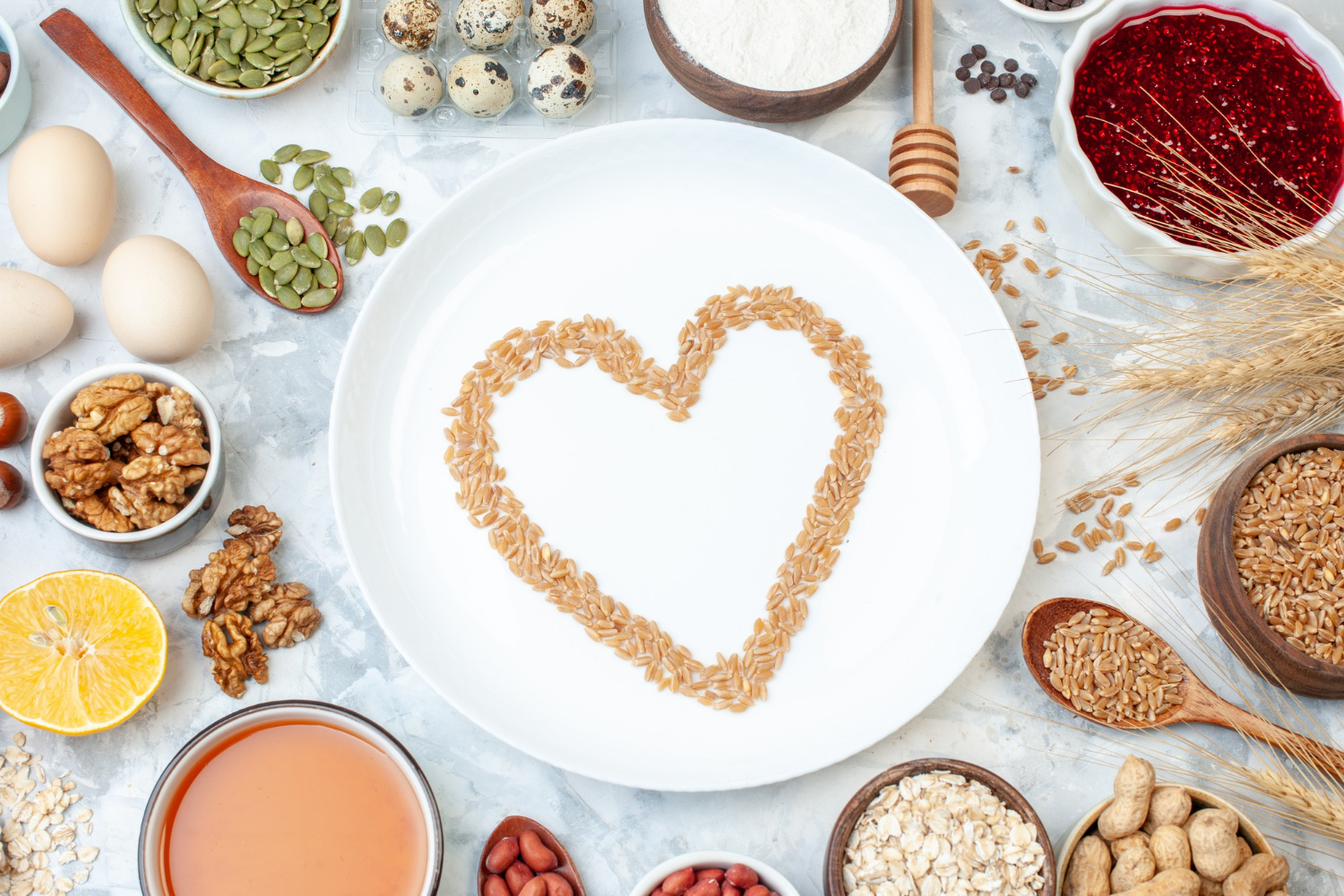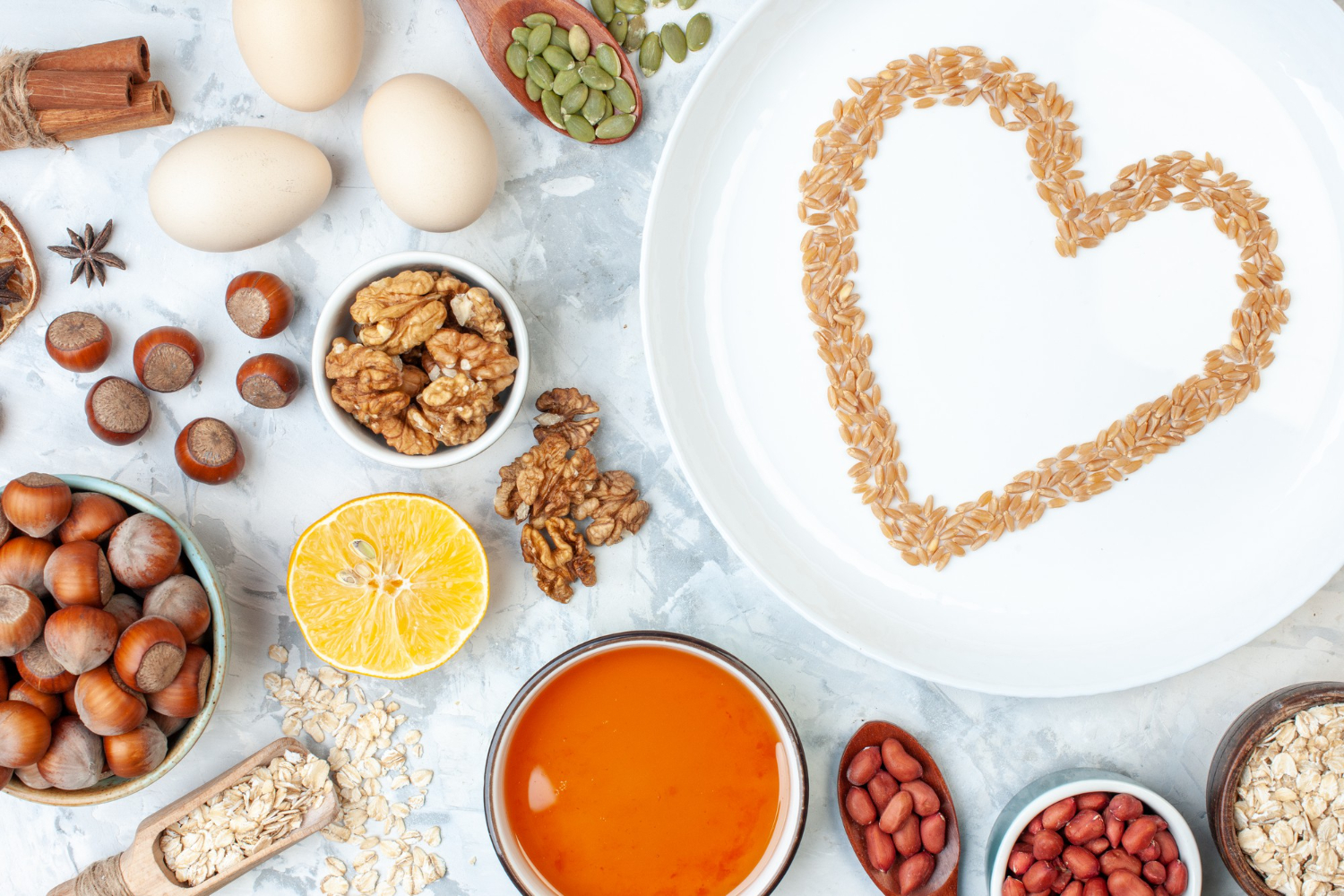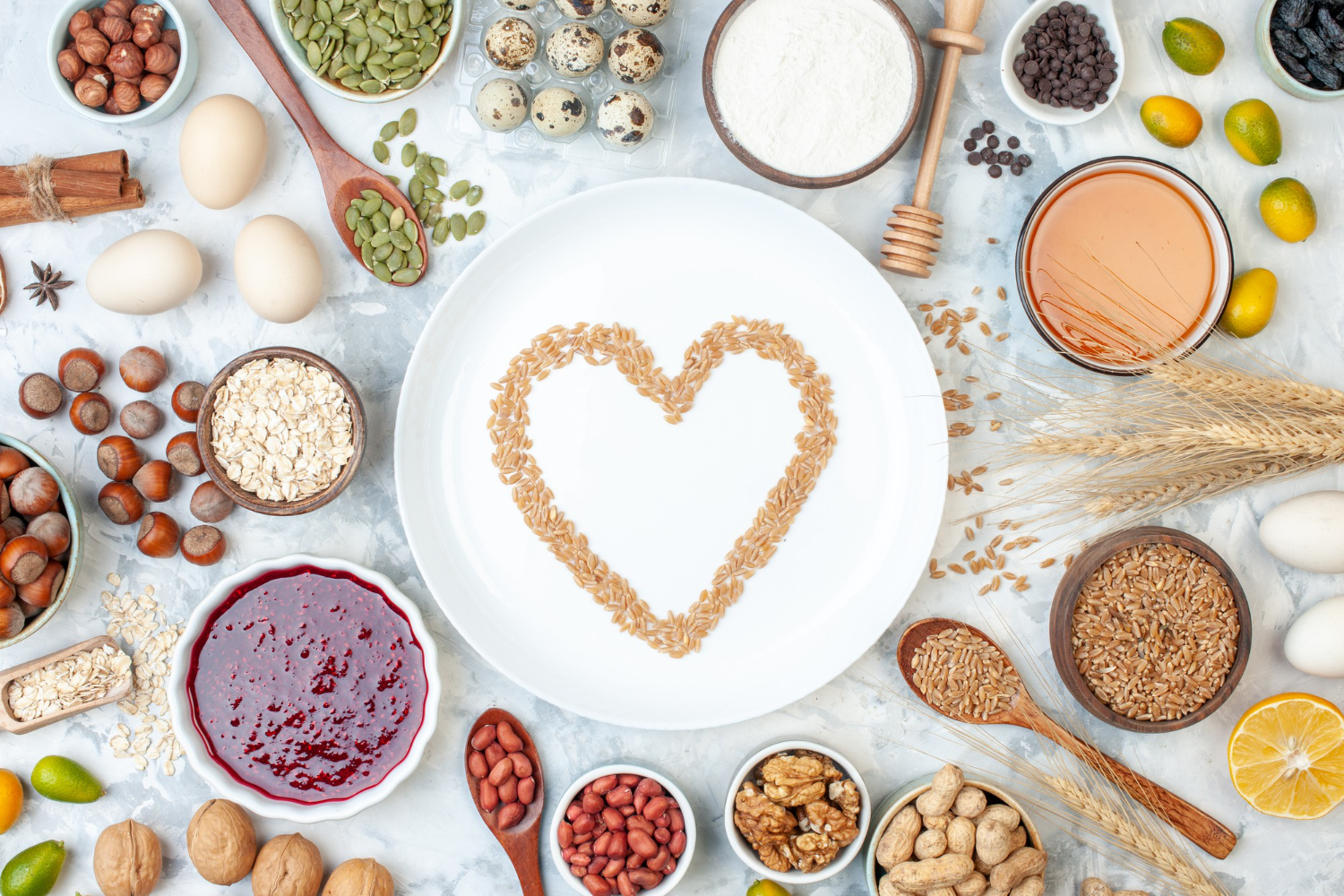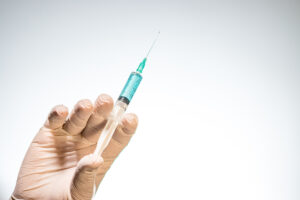
Pre-Heart Surgery Care
Cardiovascular diseases are among the most dangerous threats to health. Fortunately, in most instances, the problems are salvageable through lifestyle modifications, medication, or other non-invasive means. Sometimes, however, surgery of the heart becomes inevitable. Such operations are indicated for a number of reasons, including unblocking obstructed coronary arteries, replacing defective heart valves, and the treatment of heart failure. Along with the surgery itself, pre-surgical care can enhance the effectiveness of the surgery and hasten recovery. If heart surgery is looming ahead in your future, you can begin to prepare by making changes in your lifestyle and diet.
Why Is My Diet Important Before Surgery?
Good nutrition is important to grow, stay healthy, and keep numbers of diseases at bay, especially heart diseases. Nutrient-dense, heart-healthy foods can help in the following ways:
- Hasten your recovery after surgery;
- Controls and reduces post-surgery inflammation;
- Restores energy and strength to the body quickly;
- It fortifies the body’s resistance against possible side effects such as infections;
- It can help maintain and improve your blood sugar levels before and after surgery;
- It aids the digestive system to get back to regular operation from the post-surgery state.

Best Foods Before Heart Surgery
It is important, in these weeks and especially days leading up to surgery, that enough calories, proteins, minerals, and vitamins are taken up.
- Protein
During surgery, your body requires more protein. The stress after surgery increases the body’s need for protein to heal tissues and preserve muscle mass. It is recommended that at every meal, 25-35 grams of light protein be taken in. Healthy food options include lean red meat, fish, poultry, beans, eggs, cheese, nuts, dairy products, plant-based proteins, and protein drinks.
- Liquids
Adequate amount of liquids should be taken pre-operatively to avoid dehydration during and post-surgery. Carbohydrate-rich fluid maintains energy during anesthesia and maintains blood sugar, preventing loss of muscles during rest.
- Carbohydrates
Whole grains, like whole wheat, oats, millet, brown rice, quinoa, and whole-grain bread, should replace refined white grains. While refined carbohydrates increase the risk for coronary artery disease, whole grains offer protection. For every 1-2 servings per day that are decreased or increased in intake of refined carbohydrates, there is a corresponding decrease or raise in heart disease risk of 10-20%. Carbohydrate intake should be reduced pre-heart surgery.
- Fruit
Due to the presence of fiber, fruits inhibit excessive sugar absorption; the idea blood sugar should be maintained before surgery. Fruits are also rich in antioxidants and vitamins, which enhance immunity and minimize the chances of post-surgical complications and infections. The most beneficial red and green fruits for heart health include blueberries, strawberries, raspberries, blackberries, pomegranates, red and green apples, cucumbers, among others.
- Vegetables
Vegetables include green leafy vegetables such as spinach, kale, and celery, and the red vegetables of tomatoes and beets, rich in vitamins and minerals and a vast supply of antioxidants. These vegetables have a good amount of vitamin K, which helps protect the arteries and prevents blood clots. Vegetables are rich in dietary nitrates, which reduce blood pressure, decrease arterial stiffness, improve the function of blood vessel linings.
- Garlic
Garlic has a compound called allicin, which is very beneficial to the heart. The health benefits range from blood pressure regulation to preventing platelet build-up, hence reducing the risk of blood clots and stroke. It should be used raw or crushed and left resting for several minutes before preparation to enhance its allicin content. Black garlic contains even more antioxidants than regular garlic due to a resting process which converts fresh garlic’s allicin into antioxidants.

- Oils
The selection of the right oil is considered indispensable to health. The right oil should not make any chemical changes on being heated high; neither should it increase the level of cholesterol nor lead to clogging of arteries. Fish oil, olive oil, flaxseed oil, and coconut oil are heart-friendly oils.
- Omega-3 Fatty Acids
Oily fish, containing omega-3 fatty acids, have anti-inflammatory properties; hence, they are good for the heart by averting any form of inflammation in the heart. They help balance cholesterol and triglyceride levels as well. Examples include salmon, trout, tuna, and sardines.
- Vitamin D
Add to your diet foods that are rich in vitamin D, such as egg yolks, cod liver oil, and dairy products. Vitamin D enhances the healing of surgical wounds, especially the chest incision made to expose the heart.
- Dairy
Inclusion of dairy products in the diet has been associated with reduced bad cholesterol and lower risks of high blood pressure. However, heart patients need to select fat-free or low-fat kinds of dairy without addition of starch since after heart surgery, the valves, arteries, and veins need to remain clear. Foods should contribute very little to the fatty deposits in the arteries, so low-fat dairy is important.
- Nuts and Seeds
Walnuts, almonds, hazelnuts, macadamia nuts, chia seeds, hemp seeds, flaxseeds, and poppy seeds are all so good for their content of fiber and unsaturated fats. Magnesium, copper, and manganese provide key nutrition that helps with heart health and recovery. Extensive studies show that consumption of these nuts and seeds has majorly improved cholesterol levels, clearing the arteries.
Final Thoughts
You are the most important member of your nutrition care team, and your recovery depends on your active participation. However, for the best heart-healthy diet, it is recommendable that one consults a cardiologist or nutritionist and carry out beneficial dietary changes for a healthier heart and more vibrant life. If you have or are at risk for heart disease, be sure to consult a cardiologist or nutritionist for an individualized cardiovascular diet plan.
References






No comment yet, add your voice below!